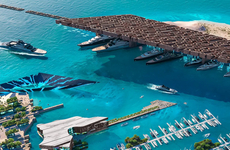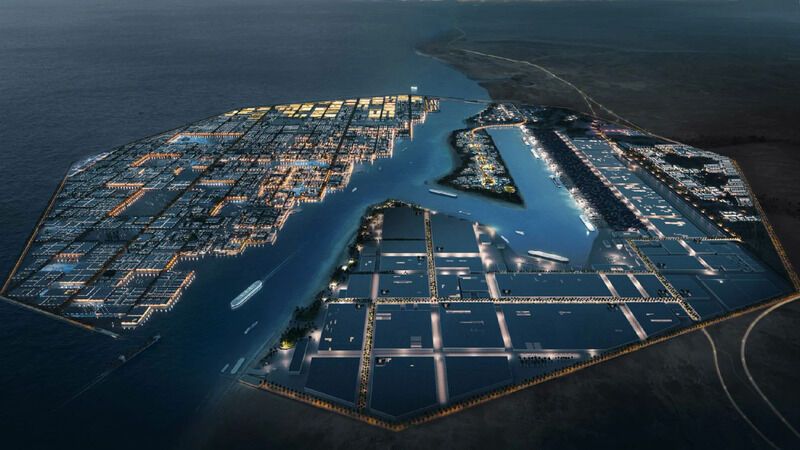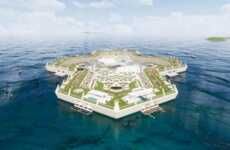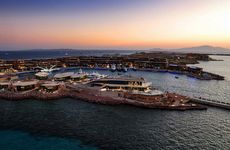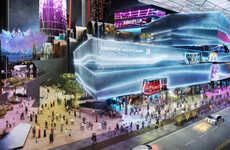
Saudi Arabia Unveils its Official Plans of the Oxagon Port
Saudi Arabia unveils its plan to build the Oxagon port, which is going to be the largest floating structure in the world as a part of the Neom development. The city will function as a port and a logistics hub for the wider project in order to contribute to the country's Vision 2030 plan to diversify its economy and minimize its dependence on oil.
Mohammed bin Salman, the Saudi Crown Prince states that "Oxagon will be the catalyst for economic growth and diversity in Neom and the Kingdom, further meeting our ambitions under Vision 2030. Oxagon will contribute to redefining the world's approach to industrial development in the future, protecting the environment while creating jobs and growth for Neom. It will contribute to Saudi Arabia's regional trade and commerce and support creating a new focal point for global trade flows."
Image Credit: Neom Development
Mohammed bin Salman, the Saudi Crown Prince states that "Oxagon will be the catalyst for economic growth and diversity in Neom and the Kingdom, further meeting our ambitions under Vision 2030. Oxagon will contribute to redefining the world's approach to industrial development in the future, protecting the environment while creating jobs and growth for Neom. It will contribute to Saudi Arabia's regional trade and commerce and support creating a new focal point for global trade flows."
Image Credit: Neom Development
Trend Themes
1. Floating Cities - The development of floating ports and cities presents disruptive innovation opportunities to create sustainable and versatile infrastructure that accommodates increasing global coastal urbanization, port expansion, and environmental changes.
2. Eco-friendly Industrial Development - Building eco-friendly industries that help diversify and modernize the Saudi Arabian economy is an innovative trend that supports the country's Vision 2030 by using technology and smart logistics to balance economic growth with environmental sustainability.
3. Smart Logistics Hubs - Developing smart and automated logistics centers and ports provides an opportunity to increase global trade flows, improve supply chain efficiency, and enhance decision-making through digitalization and machine learning.
Industry Implications
1. Construction - The construction industry can explore emerging construction materials and techniques that are suitable for building floating cities and infrastructure while staying cost-effective and sustainable.
2. Logistics - The logistics industry can embrace the trend towards smart and automated ports and logistics hubs by leveraging advanced technologies such as IoT, AI, and big data to optimize supply chains, reduce congestion, and enhance the customer experience.
3. Environmental Engineering - The environmental engineering industry can capitalize on the trend towards eco-friendly and sustainable development by developing innovative solutions to minimize the impact of industrial activities on the environment, such as waste management, energy efficiency, emissions control, and water conservation.
4.1
Score
Popularity
Activity
Freshness


